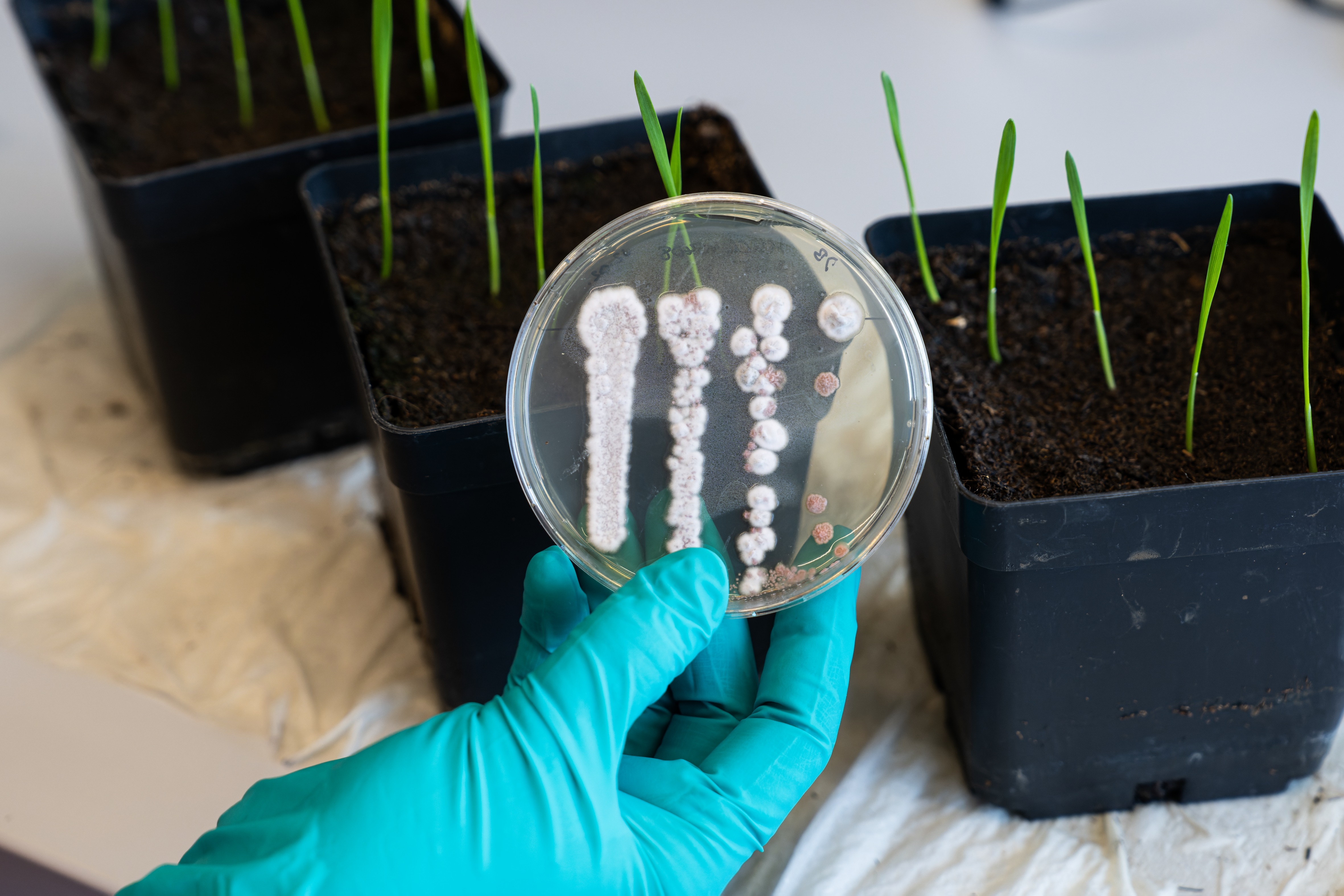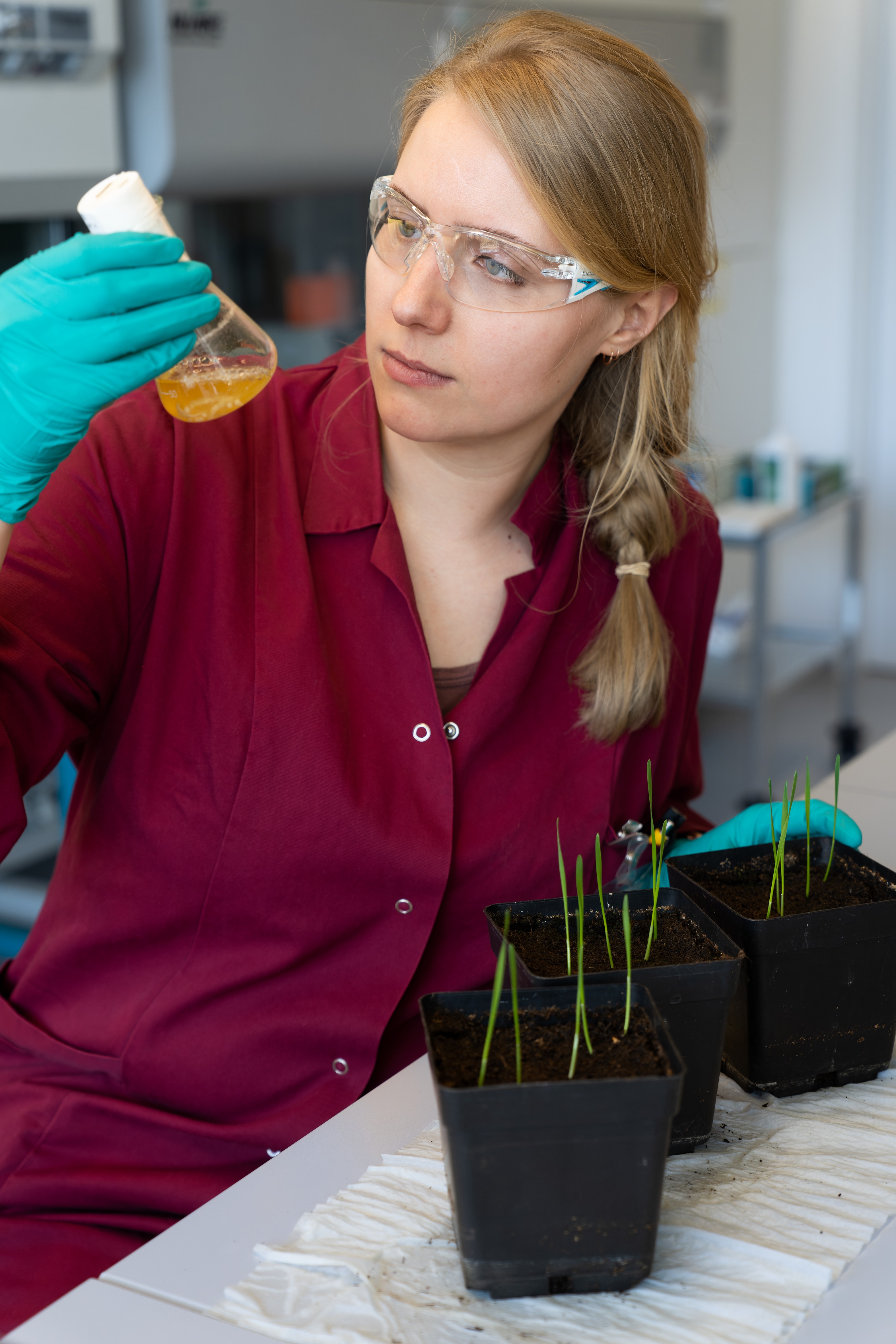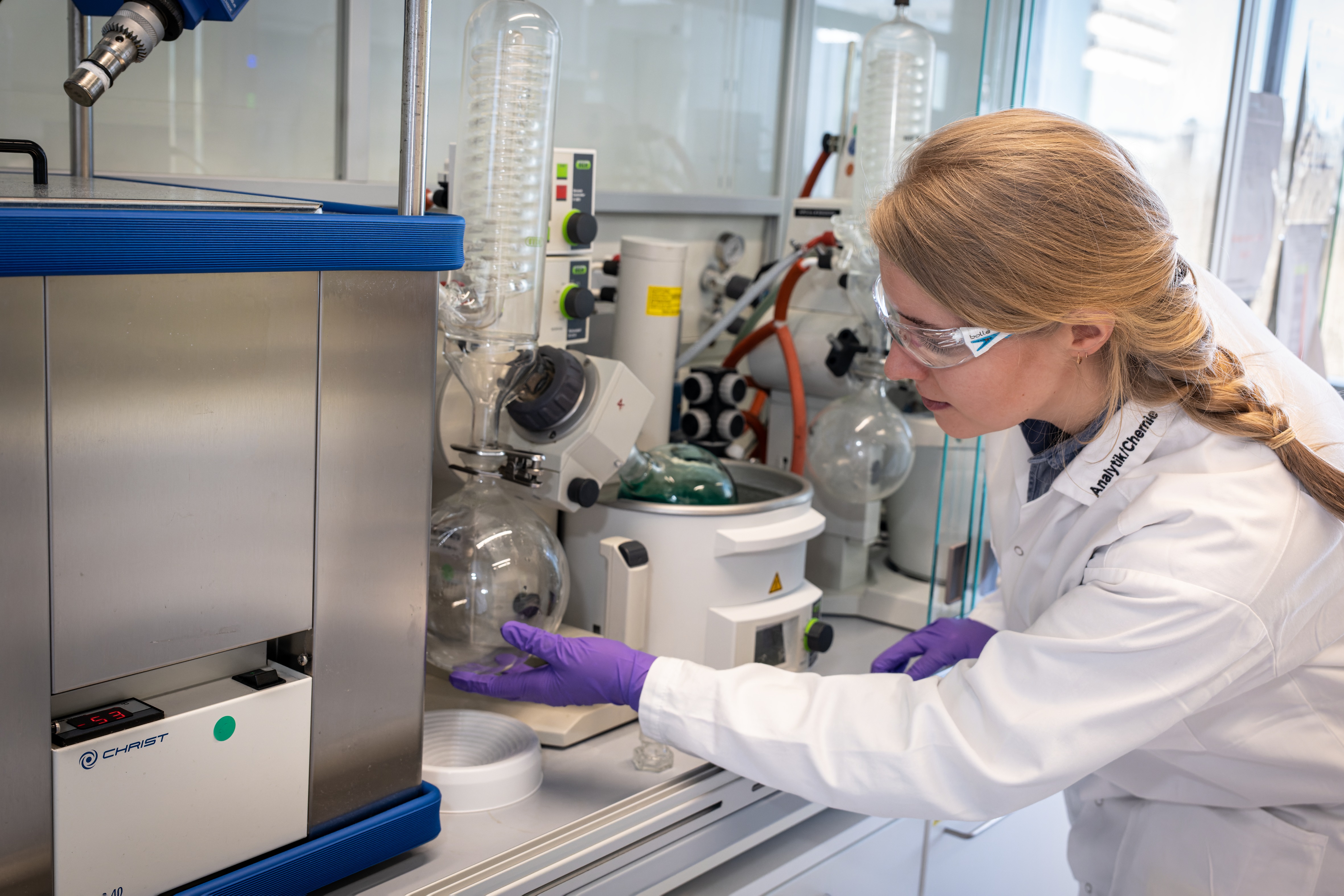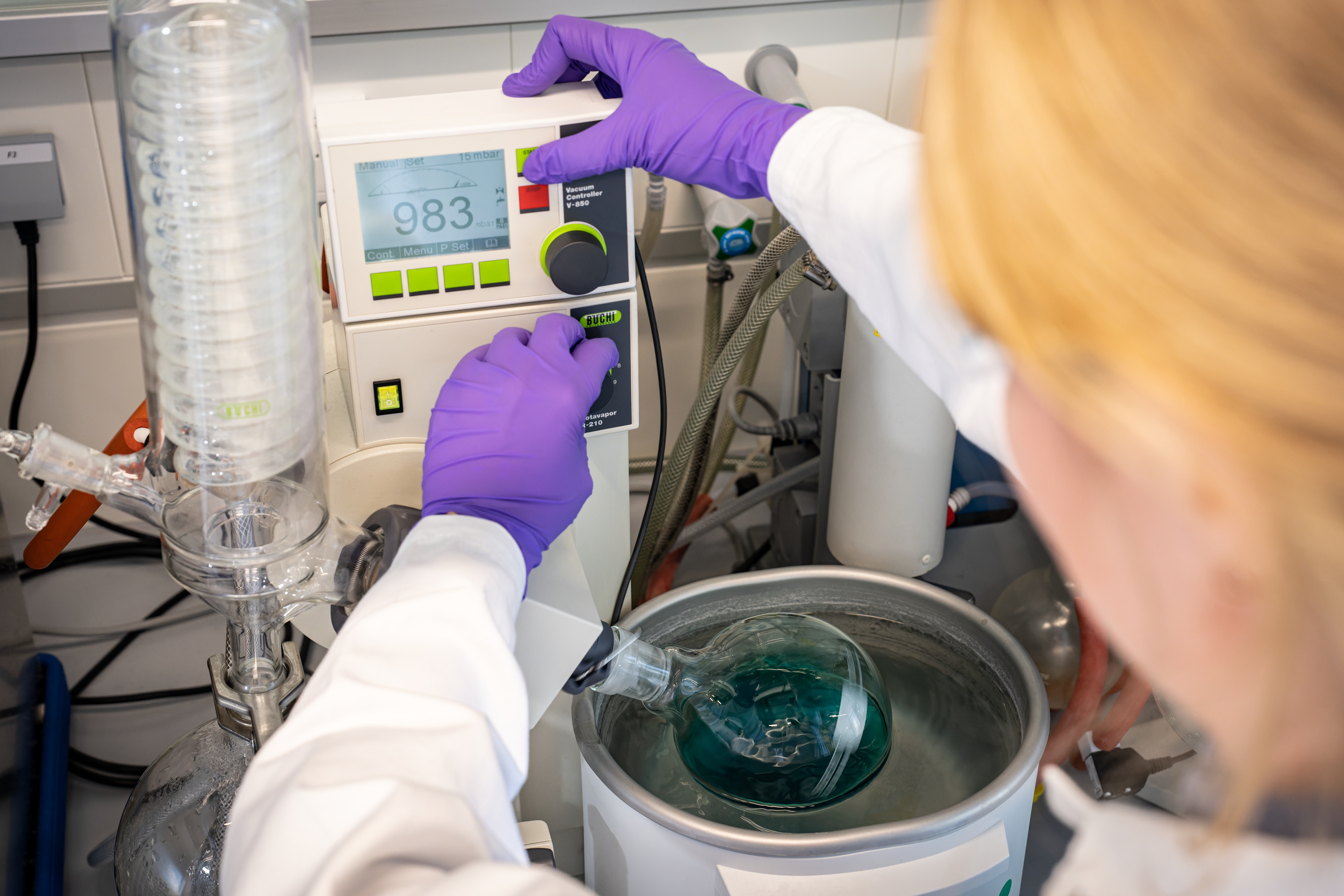Motivation and Problem
Conventional agriculture in Germany is responsible for almost all of the pollution of the environment with chemical pesticides. At around nine kg/ha/year, the use of these PPPs leads to a loss of biodiversity, the destruction of habitats and the manifestation of pesticides in food chains. In addition, agriculture causes 7.5% of German greenhouse gas emissions and is therefore a driver of climate change.
The rate of biodiversity loss and global warming have already exceeded a critical limit. This leads to extreme climatic events such as longer and more frequent dry periods and heavy rainfall, weakening German ecosystems. In this tense situation, plant pests are on the rise.
In order to counteract these developments, a transformation and reorientation of agricultural systems towards bioeconomically compatible, sustainable food production is essential. Efforts to promote organic farming are an essential part of this. However, this form of cultivation in particular lacks pesticides to combat plant pathogens. This makes the entire sector vulnerable.
 Fraunhofer Institute for Molecular Biology and Applied Ecology IME
Fraunhofer Institute for Molecular Biology and Applied Ecology IME



